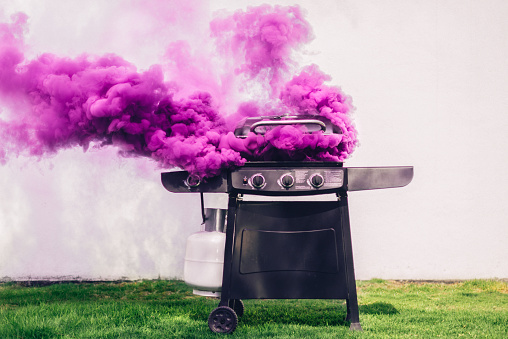
States of Matter – Gases
Key Points:
- Kinetic Molecular Theory: Explains gas behavior based on molecular motion, postulated by Daniel Bernoulli.
- Boyle's Law: Volume is inversely proportional to pressure at constant temperature and moles.
V ∝ 1/P (when T and n are constant) - Charles's Law: Volume is directly proportional to absolute temperature at constant pressure and moles.
V ∝ T (when P and n are constant) - Avogadro's Law: Volume is directly proportional to the number of moles at constant temperature and pressure.
V ∝ n (when P and T are constant) - Graham’s Law: Rate of diffusion or effusion is inversely proportional to the square root of molar mass or density.
r ∝ 1/√d or r ∝ 1/√M - Dalton’s Law: Total pressure of a gas mixture equals the sum of partial pressures of individual gases.
- Absolute Zero: Hypothetical temperature where gas volume becomes zero. Value: -273.16°C or 0 K.
- Ideal Gas Equation: Represents gas behavior under ideal conditions.
PV = nRT - Van der Waals Equation: Real gas equation accounting for molecular volume and attraction.
(P + a(n²/V²))(V − nb) = nRT - Joule-Thomson Effect: Expansion of compressed gas into low-pressure causes cooling.
- Ideal Gas: Obeys gas laws at all conditions; no molecular attraction forces exist.
- Real Gas: Deviates from ideal behavior under high pressure or low temperature.
- Plasma: Fourth state of matter; consists of positive ions, free electrons, and neutral atoms.
🔗 Other Useful Links
- News By Amurchem
- Free Web Development Course
- All-in-One Exam Prep Portal
- Articles by Amurchem
- Grade 12 Section
- Grade 11 Section
- Grade 10 Section
- Grade 09 Section
- Home and Online Tuition
- Labs By Amurchem
- Science Lectures By Amurchem
© 2025 AmurChem. All rights reserved.
Tags
Avogadro’s Law
Boyle’s Law
Charles’s Law
Chemistry
Federal Board
Gases
Grade 11 Chemistry
Grade 12 Chemistry
HSSC Chemistry
Ideal Gas
NBF
Plasma
PTB
Real Gas
States of Matter





